detail profile rolland b c3 a9dard
Peran Yang Di Mainkan Rolland Bédard
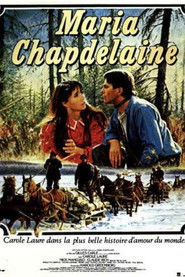 A young woman living with her...
A young woman living with her...Maria Chapdelaine 1983
A young woman, living with her parents and siblings on a remote farm in harsh, picturesque northern Québec, has three suitors: a steady and unimaginative farmer, Eutrope, the Americanized and wealthy Lorenzo, who has sought his fortune in Boston, and François Paradis, a rough and virile logger who captures her heart despite the warnings of her parents and the village priest. For a year, marked by seasonal change in an atmosphere charged with the strangeness of Indians and the demons of the woods, we see Maria at work and prayer, struggling with decisions, choosing to stay in Canada, in love with François, seeking to change his rough behaviors, and dealing with extraordinary loss.
 In this FrenchCanadian oddity of music...
In this FrenchCanadian oddity of music...Fantastica 1980
In this French–Canadian oddity of music and drama, an actress in a traveling musical revue is involved with the show's director until she meets and falls for an aging ecological activist. He too is drawn to her, and together they try to stop a factory from being built over an old-growth forest.
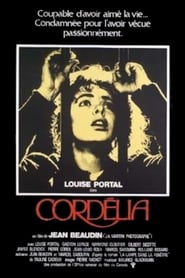 In a little village at the...
In a little village at the...Cordélia 1980
In a little village at the end of the 1890's, a young woman offends all the 'right-thinking' villagers by allowing men in her house in the absence of her husband. When he is found dead, all of the suspicion is directed towards the liberal woman. She is judged more for her morality then for the crime she is accused of. Her culpability is still a subject of debate today.
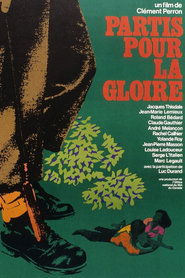 In 1942 even after a formal promise...
In 1942 even after a formal promise...Bound for Glory 1975
In 1942 even after a formal promise from the Liberal Party of Canada in the last election: "Never the Conscription", the Canadian Government vote a Conscription Law. In Quebec where the French population was mostly unanimous against the obligation to go to war, seen as a Great-Britain Government request, many young men fled to the woods or in clandestineness.
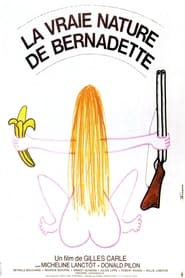 Bernadette has a yen to chuck...
Bernadette has a yen to chuck...The True Nature of Bernadette 1972
Bernadette has a yen to chuck it all and go back to nature, in this French-language Canadian film. That's just what she does after carefully leaving her wedding ring where her affluent husband, a lawyer, can see it. She has bought a farm, complete with a run-down farmhouse and a live-in cranky old man. Soon, because of the wonderful effects that her sympathy and her outsider's perspective have, her neighbors perceive great improvements in their lives. They attribute these changes to something miraculous (perhaps taking a cue from her name), and hordes of needy people descend on her farm.
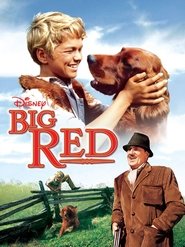 Wealthy sportsman James Haggin Walter Pidgeon...
Wealthy sportsman James Haggin Walter Pidgeon...Big Red 1962
Wealthy sportsman James Haggin (Walter Pidgeon) lives on a Quebec estate called Wintapi. Émile Fornet (Émile Genest), handler of Haggin's hunting dogs, and Émile's wife Therese (Janette Bertrand), Haggin's cook and housekeeper, live in a separate house on the estate. To start a line of top show dogs, Haggin purchases the winner of the Montreal Kennel Club show, an Irish setter named Red.
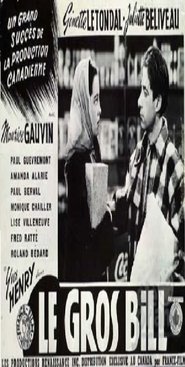 A tiny Quebec community is thrown...
A tiny Quebec community is thrown...Le gros Bill 1949
A tiny Quebec community is thrown into an uproar when a tall young Texan named Bill arrives to claim a farm he has inherited. Bill's inability to speak French, and his apparent unwillingness to learn the language, foments plenty of ill will in the community. The story is resolved with an abundance of warmth and humor, sometimes hokey, sometimes hilarious.
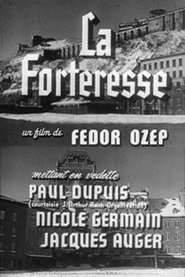 After hearing that a famous actress...
After hearing that a famous actress...La forteresse 1947
After hearing that a famous actress is dying in a hospital after being hit by a car, a reporter goes to the hospital to interview the actress. She then tells the reporter that her wealthy fiance, who was killed in an accident several years before, was actually murdered. Before long the reporter finds herself in a web of corruption, mental illness and murder.
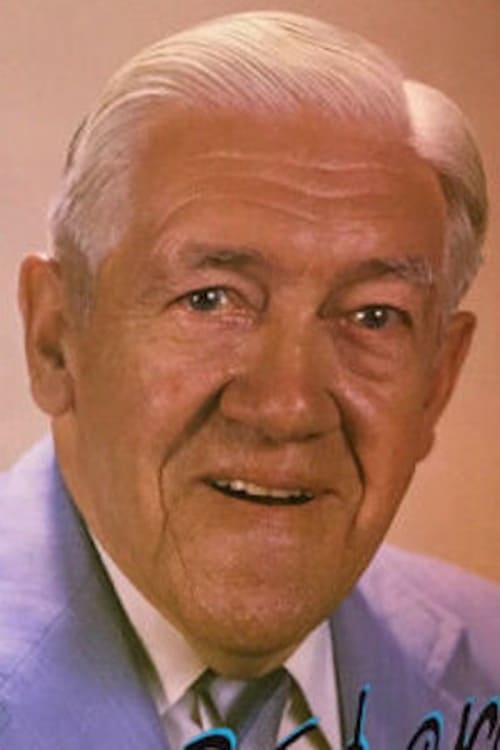
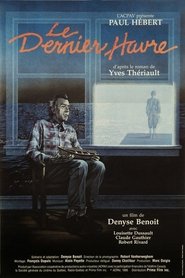
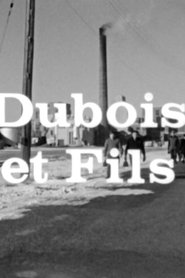 A health problem causes a business...
A health problem causes a business...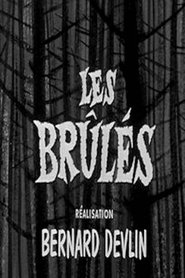 Pioneers struggle to establish a town...
Pioneers struggle to establish a town...